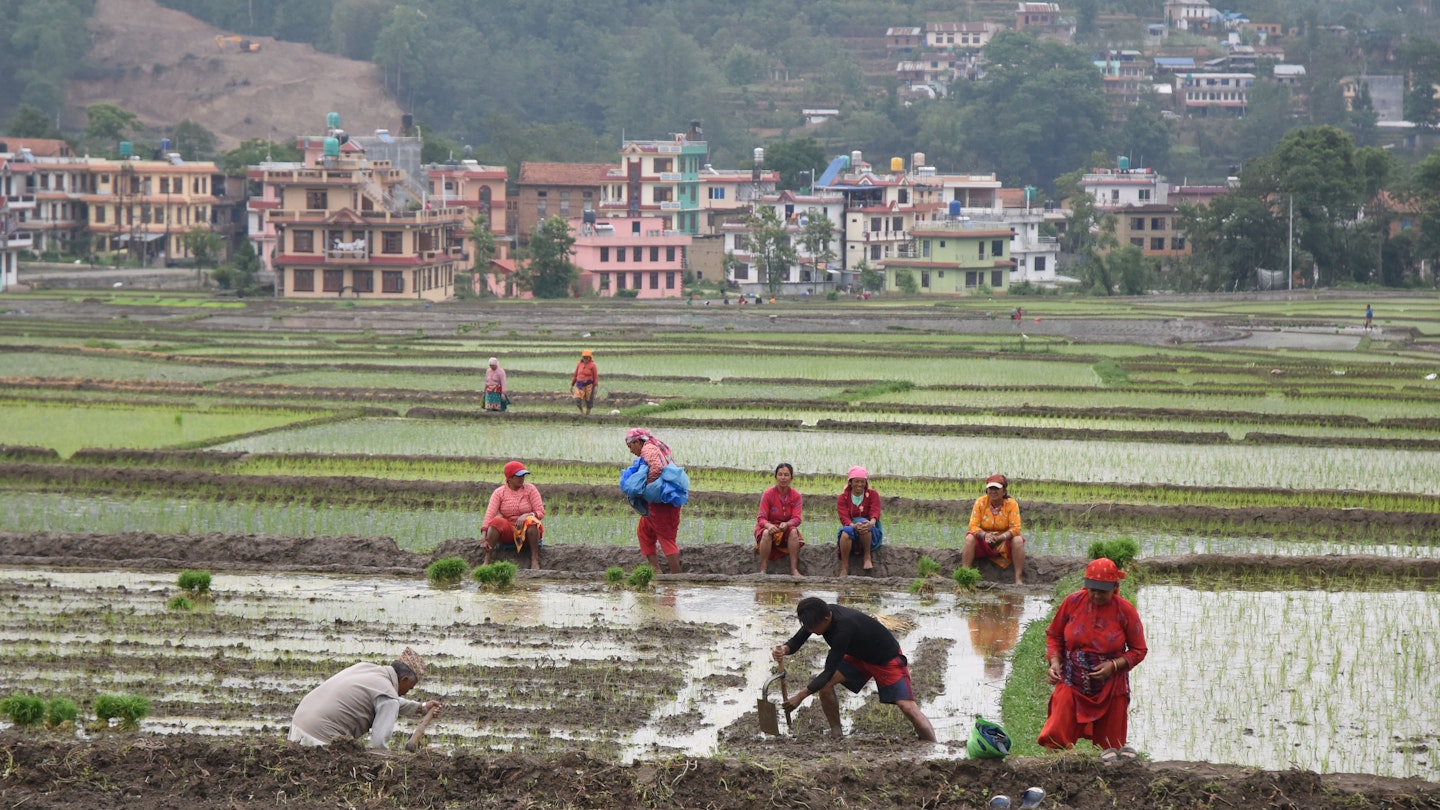Authentic Community Experiences in Nepal’s Kathmandu Valley
iBestTravel writer Joe Bindloss recently traveled around Nepal’s Kathmandu Valley, staying in community-run homestays. Here, he shares some tips and insights for anyone looking to plan a similar trip.
Discovering Nepal Beyond Trekking
For most travelers, Nepal is often synonymous with trekking, particularly on the breathtaking trails around Sagarmatha (Mt Everest) and the Annapurna and Manaslu mountain ranges. However, while these mountains are spectacular, Nepal’s cultural heart lies in the Middle Hills. This lush green band of highlands divides the Himalayas from the Terai plains and is rich in local culture and traditions that are begging to be explored.
Exploring the Kathmandu Valley
The three former city-states that dominate the Kathmandu Valley—Kathmandu, Patan, and Bhaktapur—are renowned for their majestic temples and vibrant medieval squares. Nevertheless, my interest was in experiencing the valley’s authentic community life, beyond the reach of the mass tourism scene.
Community-Run Homestays: A Different Side of Nepal
Staying in community-run homestays allowed me to glimpse a different side of Nepal, away from the bustle of the trekking routes. Instead of trekking challenges, I participated in community dances, joined on temple visits, and learned traditional crafts. This immersive experience allowed me to connect deeply with the local culture through its people.

Where Did I Stay? What Was the Vibe?
During my journey through the valley—stopping in Thimi, Bhaktapur, Nagarkot, Namobuddha, Panauti, and Kirtipur—I enjoyed the warm hospitality of various family-run homestays. These homestays are part of a community network, aimed at redistributing tourism income back to the local villages, with many of the projects led by inspiring local women.
Delicious Culinary Adventures
No visit to Nepal is complete without indulging in momos, the beloved local dumplings. The experience becomes even more enriching when you get hands-on and learn to make them yourself. My evening in Panauti was dedicated to preparing momos under the guidance of my hosts, complete with fresh ingredients and local spices that made for a delightful culinary adventure.

Cultural Activities: Under-the-Radar Gems
During my stay, one of the most unique experiences was learning to throw a clay pot in Thimi—a village well-known for its pottery. This hands-on activity not only allowed me to learn a traditional craft but also connect with the dynamics of local life and the artisans who keep these age-old practices alive.
Connecting with Nature and Community
Another highlight of my trip was walking through the tranquil landscapes of Nagarkot, guided by locals who shared stories and insights about their lives. It was an enriching experience, combining the beauty of nature with meaningful interaction that provided a deeper understanding of Nepali culture.
Unexpected Insights
One pleasant surprise was making my own dinner plate using natural materials. In Nagarkot, I learned to stitch together sal tree leaves, creating an eco-friendly, biodegradable platter. This experience provided a wonderful glimpse into traditional practices, reminding me of the sustainable living habits that have prevailed in Nepal for generations.

Getting Around: A Cultural Journey
Traveling between villages was an adventurous journey on its own. I opted for a blend of public buses, leisurely walks, and cycling to explore the countryside. The descent from Namobuddha to Panauti by mountain bike was particularly memorable, offering stunning views of terraced rice fields and vibrant community life.
Tourist Attractions with a Local Twist
While visiting popular sites like Swayambhunath, I found comfort in the knowledge that these places are filled with both tourists and locals. The atmosphere, enriched by prayer offerings and monkey business, offers a reminder of how Nepal embraces its drawn-in visitors while maintaining its cultural integrity.
Conclusion
Experiencing Nepal through community-run homestays allowed me to connect deeply with the culture, people, and traditions while enjoying authentic meals, crafts, and stories. It was a beautifully enriching journey that highlights the true essence of Nepal beyond the typical tourism trail.




